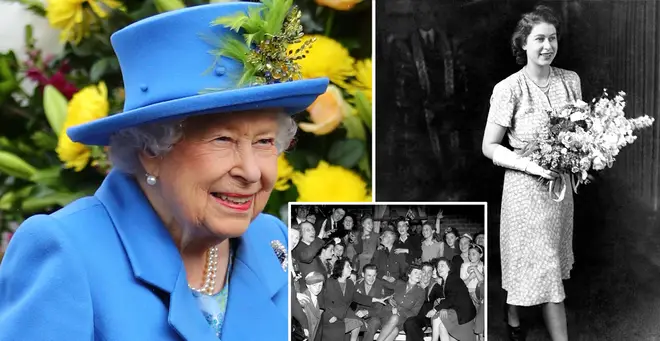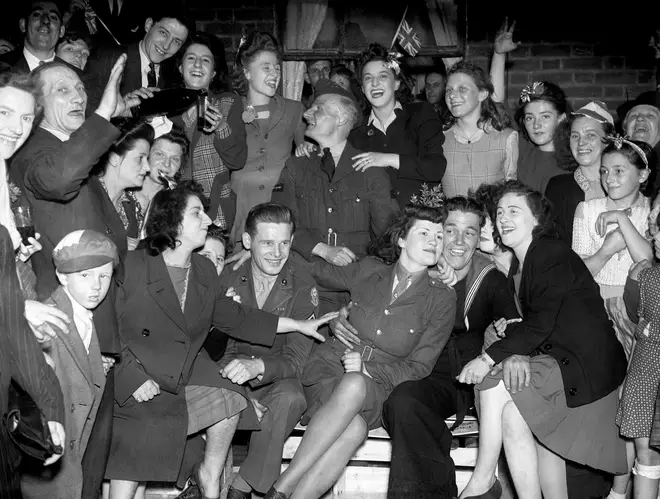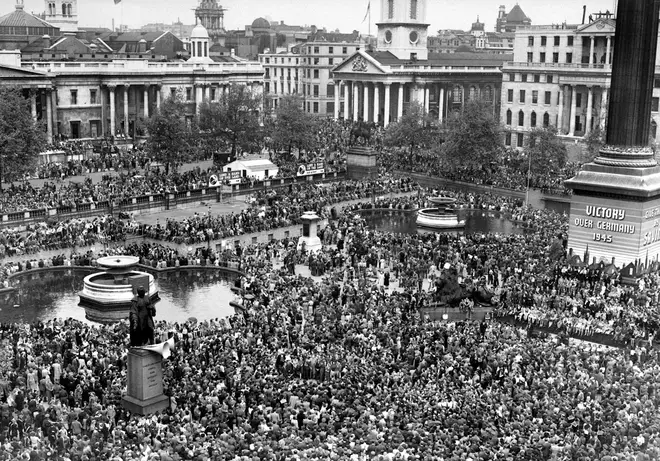VE Day 2020: When is it and why are we celebrating it?
29 April 2020, 11:21

When is VE Day in 2020? Why do we celebrate it? And is it a Bank Holiday?
As we look forward to two Bank Holidays in May 2020, one of them has been pushed back by four days for the whole of the UK to coincide with the 75th anniversary of VE Day.
But what is VE Day and when is it celebrated? Here’s what you need to know.
When is VE Day 2020?
While May Day is traditionally held on a Monday, it will be put back to Friday 8 May 2020.
The May Day bank holiday has only been moved once before, when it was shifted from 1 May to 8 May in 1995 to mark the 50th anniversary of VE Day.
The later Spring bank holiday will be held in its usual spot, falling on Monday 25 May.

Why are we celebrating VE Day?
VE Day stands for Victory in Europe Day, which took place on Tuesday, May 8 in 1945.
It marked the end of World War II, and was the day on which allied forces announced the surrender of Germany in Europe.
The day before, Germany had surrendered, while Hitler had committed suicide a week earlier.
This left Grand Admiral Donitz of the German army to admit defeat and surrender Nazi Germany.
75 years later, Business Secretary Greg Clark said it is important we continue to 'honour our heroes'.

He said: "It will ensure as many people as possible have the opportunity to remember and honour our heroes of the Second World War and reflect on the sacrifices of a generation."
Sir Andrew Gregory, chief executive of SSAFA, the Armed Forces charity, added: "It is our duty to keep the events of the past alive in collective memory, including future generations - this is how we ensure that such a conflict never happens again.
"It is our hope that the nation takes a moment to reflect on the significance of this date, as a milestone that changed the course of history for the whole world.”
Read More: Next announces plans to reopen some stores - and hints at massive sale when they return
How was VE Day celebrated in 1945?
In 1945, 50,000 people packed into Piccadilly Circus waving flags and dancing and singing.
Prime Minister Winston Churchill declared a national holiday during a broadcast from the War Cabinet Office to tell the nation war was over.
King George VI also addressed the nation on the radio, paying tribute to those who “laid down their lives” during the war.






























